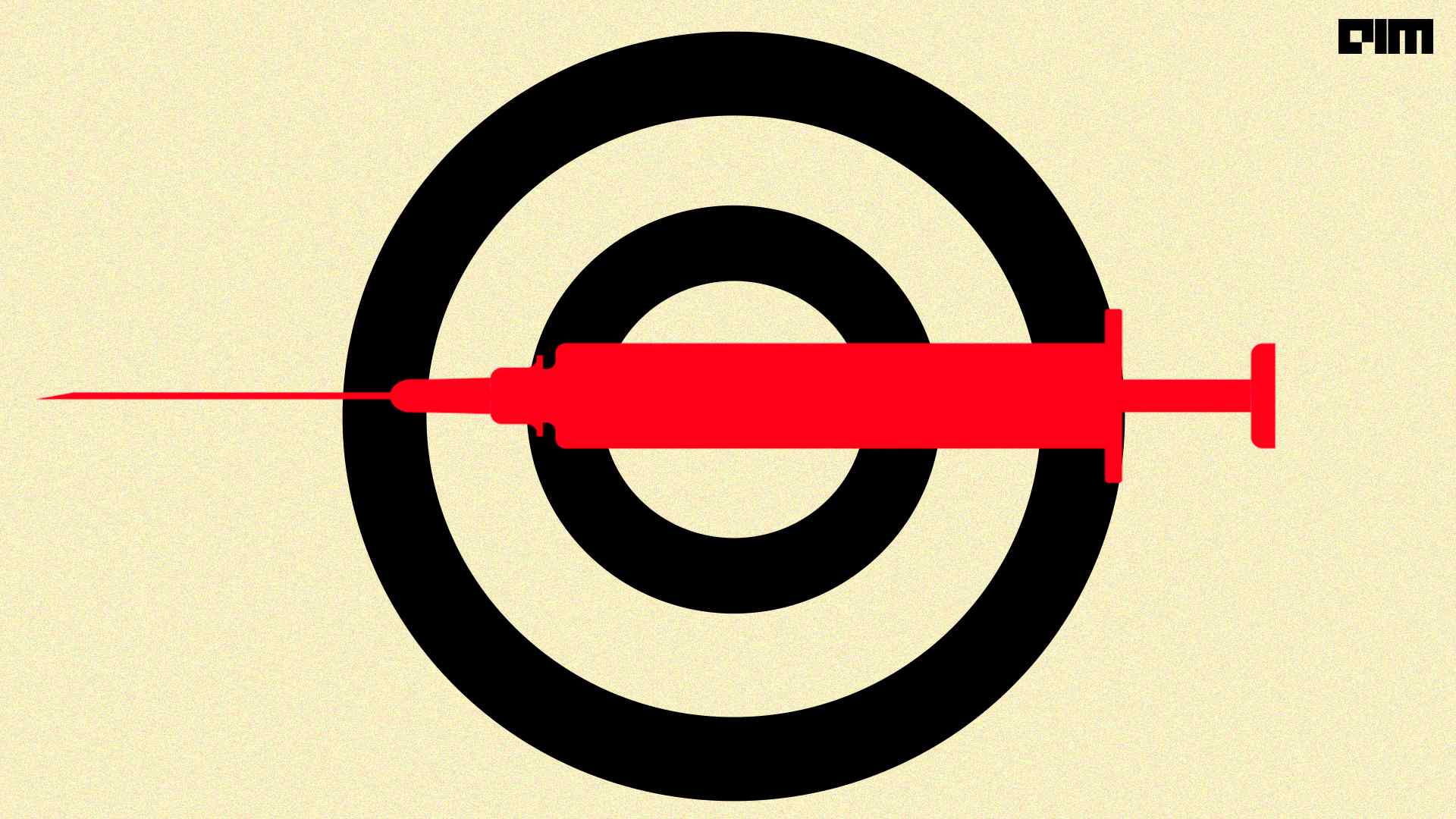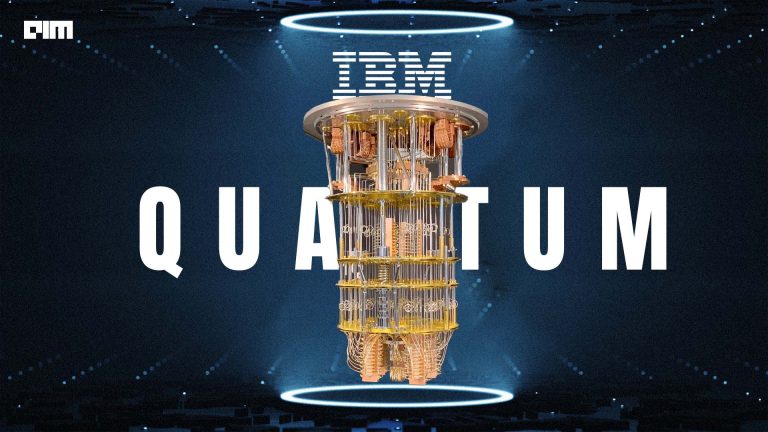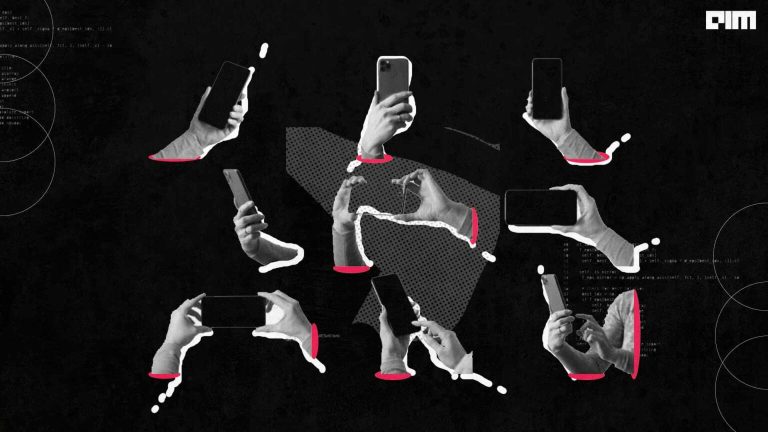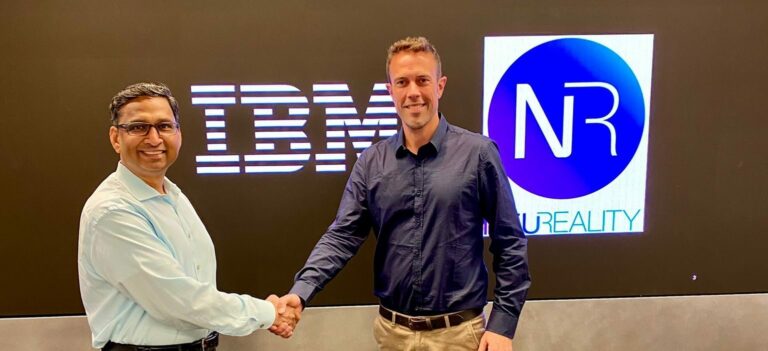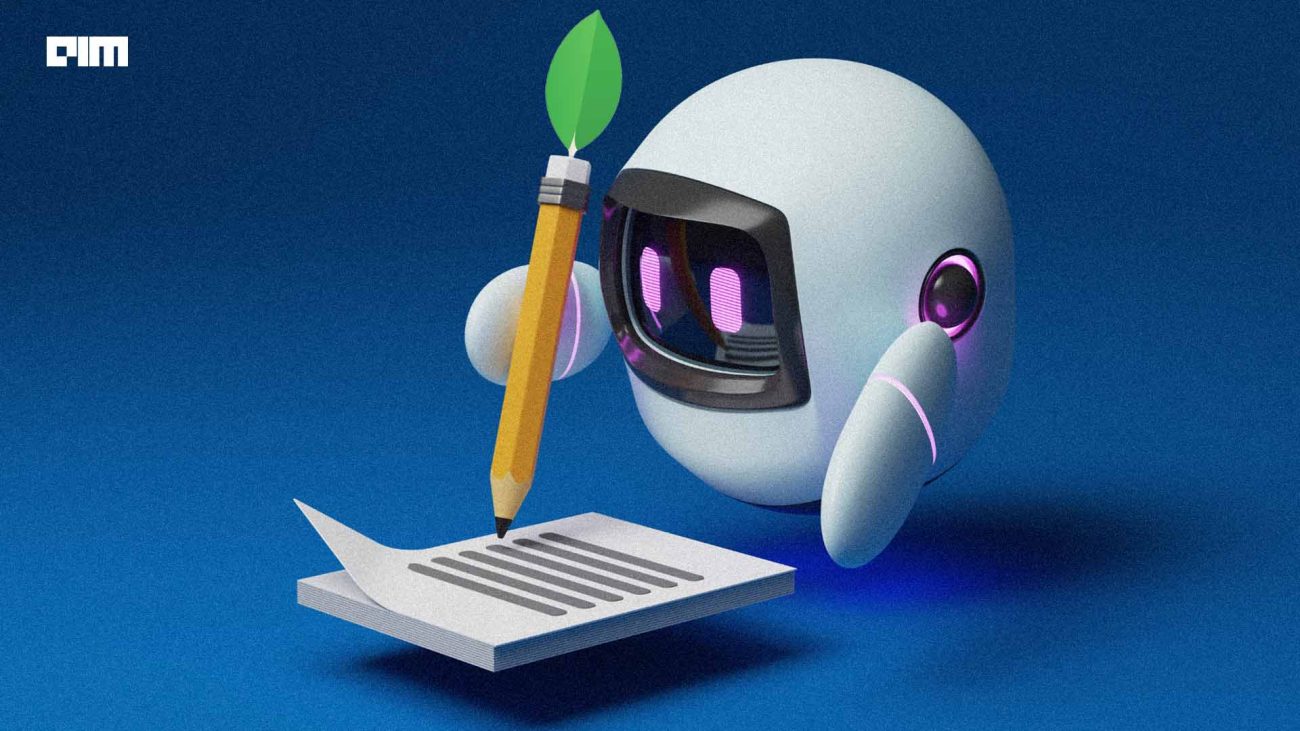SARS-COV-2 was identified in December 2019, and Pfizer developed the first effective vaccine on December 11, 2020. Creating a vaccine in less than a year was an extraordinary feat, and it spurred efforts to optimise vaccine distribution through different innovative methods. However, a vaccine is only as effective as the number of people willing to receive it. The rapid rate of vaccine development has raised concerns in the minds of the general public about its safety and is one of the many factors leading to vaccine hesitancy.
Widespread vaccine scepticism
According to a study conducted in multiple countries, only 71.5% of people will consider taking a vaccine. Results varied from nation to nation, with people from China most willing to receive the vaccine and respondents from Russia most apprehensive of taking it.
In several countries, vaccine hesitancy and misinformation are presenting themselves as substantial hurdles in the way to achieving vaccine coverage necessary for community immunity. The World Health Organization has recognised vaccine hesitancy as one of the top ten threats to public health.
AI-driven chatbots to change your mind
Researchers have been tracking people’s conversations on social media to understand how to change the mind of vaccine sceptics. They hope to understand the citizens’ main concerns and help present more publicly acceptable pro-vaccine messages. The computer-based analysis has provided quite a few interesting insights so far. One of them is that the anti-vaccine community is largely heterogeneous in their reasons for distrusting vaccines. AI-based COVID-19 vaccine chatbots that can cater to different viewpoints of people who question the vaccination system are of utmost importance.
For example, some people oppose vaccination drives as they believe it curtails their freedom; the chatbot should encourage them to exercise their right to get vaccinated. Then some people distrust the propaganda of government officials regarding vaccination; the chatbot can show them the testimonial of citizens who got vaccinated after doing thorough research on this topic. So, basically, researchers have been trying to develop chatbots that are adaptable, trustworthy, and can provide answers to most questions in the minds of people hesitating to take the vaccine.
This approach has already been tested in Japan; a chatbot named “Corowa-kun” was shown to increase the vaccine acceptance rate from 59% to 80%. They deployed this chatbot in Japan’s most popular messaging app, “LINE”, which almost two-thirds of its population uses. Citizens of Japan have a serious lack of trust in vaccines dating back decades. Therefore, the success of the chatbot assistants in helping understand the effects of the COVID-19 vaccine is even more critical.
Researchers of the John Hopkins Bloomberg School of Public Health, along with IBM, developed an AI-powered chatbot in October 2021 to combat vaccine hesitancy in young Americans. Codenamed Vira – which stands for Vaccine Information Resource Assistant – was built using an AI framework developed by IBM Research. The chatbot is designed specifically to provide credible information about COVID-19 vaccines to young people affected by the pandemic in US communities. Vira will keep updating itself as more people use it and provide relevant feedback.
Conclusion
With no clear visible end to the pandemic, the need for vaccination remains paramount to control the situation and perhaps finally get everything back to normal. Perhaps, one of the best ways to reach out successfully to those hesitant to get vaccinated is by developing AI-powered chatbots that can understand the user’s viewpoints and provide instant tailor-made answers that build trust in COVID-19 vaccines. Every country should try to leverage the significant advances made in building chatbots for various purposes, and develop an easily accessible, user-friendly AI-based chatbot specifically catering to citizens’ queries and convert vaccine naysayers into adopters to bring an end to the pandemic.


